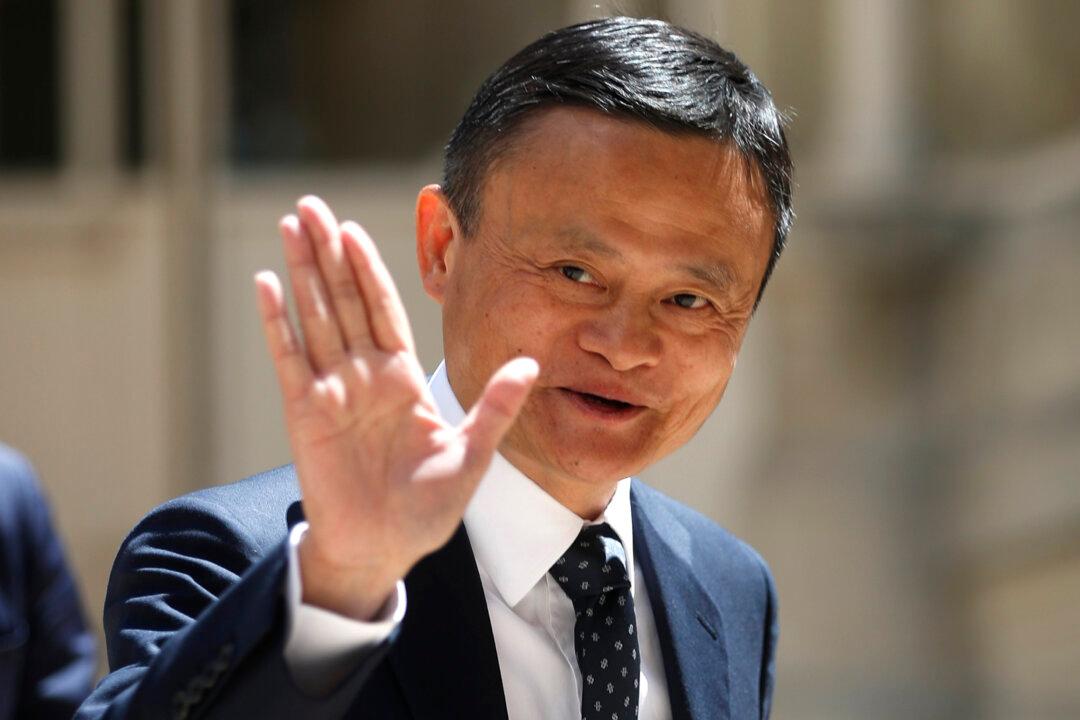Chinese e-commerce giant Alibaba said on March 28 that it will split into six units, as its co-founder, Chinese billionaire Jack Ma, reportedly has returned to China at the Communist Party’s request after spending more than a year overseas.
China observers believe this shows that Beijing’s policy toward large, privately owned Chinese tech companies hasn’t fundamentally changed.




